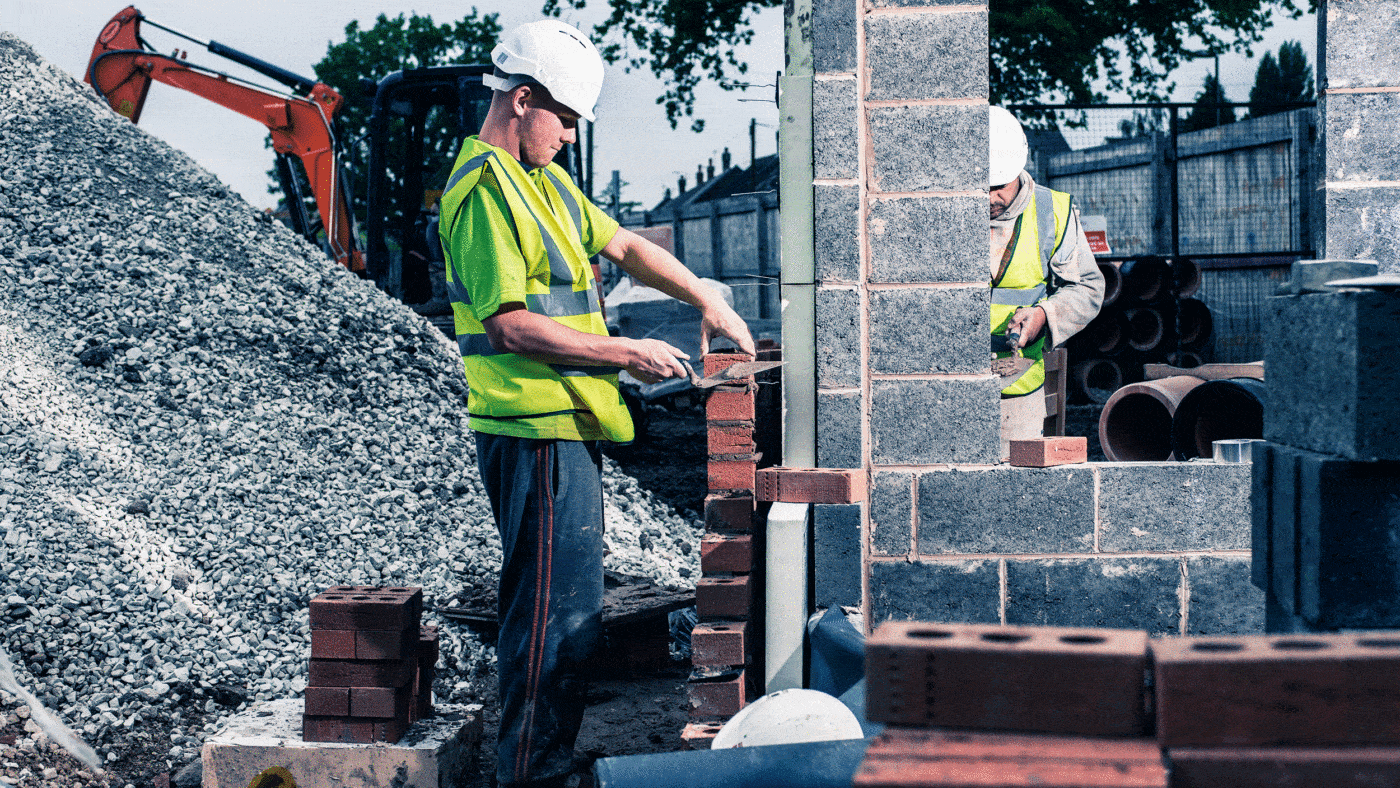Decent, secure housing is the entry to point to being able to participate in a civilised society. Housing has driven me throughout my time in politics, from concerns about excessive second home ownership to the need to build genuinely affordable homes. One does not need to be an expert in this space to appreciate that there is, and has been for quite some time, a housing crisis.
The stamp duty holiday enacted by the previous Chancellor did little to free up the housing market, and in some areas had the perverse effect of pushing up prices. While this may have been good news for some, it has done little for the aspirational homeowners still living in rented accommodation.
There are a multitude of factors which have led us into this housing crisis, ranging from, but not limited to: people living longer, more people choosing to live alone, and rising rents. This is underpinned by the simple fact that we haven’t built enough homes to keep up with ever increasing demand.
This is of course exacerbated by the nature of the housebuilding market, with major players building slowly to ensure hefty profits are made from land and developments. Clearly more needs to be done to address existing issues currently facing our housing market, by both government and the market itself.
I have consistently argued that our planning system is in desperate need of reform. Planning is an evolutionary process and what suited our needs 10 or even 15 years ago must be allowed to change.
One example of the change that is required is to continue to enable and empower development of brownfield land. The collective brownfield registers of local authorities identified an estimated 26,000 hectares of brownfield sites with potential for around one million new homes in 2018.
By having a brownfield-first approach and implementing tax changes to encourage that, we will incentivise sustainable development and not only ensure that our green land is better protected, but enable us to meet our housing pressures.
However, impetus for reform must also come from the market too. While the housebuilding industry has done little in previous years to make a good name for itself, there are signs that the wider property market has appreciated the scale of the challenge ahead and are responding in kind.
One laudable example of this is HomeNow, an innovative, ESG or ‘social impact’ model that is challenging the traditional rental market and creating a five-year path onto the housing ladder, from renter to homeowner.
The concept is a simple one: a tenant and prospective homebuyer finds the property they want to live in. HomeNow buys the property and leases it back to the tenant on a five-year fixed term basis.
At the end of the tenancy, tenants benefit from a third of any house price increase at the end of a five-year period and have the option to buy the house they have lived in. Tenants also get to choose their home from any for sale in the UK, receive the security of a five-year tenancy and pay fixed rent for the whole period.
Whilst the ‘Bank of Mum and Dad’ is playing a significant role in helping people onto the property ladder, accounting for more than one in every four transactions, not everyone is lucky enough to have this support.
This is where HomeNow steps in. It is an innovative, market led concept and one that empowers our traditionally neglected rental sector. Indeed, it is something that appealed so strongly to me that I joined the – unpaid! – Advisory Board of the company, chaired by Lord Bob Kerslake, a former Cabinet Secretary and Head of the Home Civil Service, which shows the real intent of the company.
While HomeNow is in its infancy, this is clearly evidence that the property market recognises there is a problem that needs addressing, and is doing something with a market led solution. While this won’t fix the housing crisis, it shows that the private sector can take steps in the right direction.
I am fully aware of the need for a collaborative approach between developers and politicians to find solutions to this issue. We must strive to do what we can and innovative companies like HomeNow are very much part of that solution.
Click here to subscribe to our daily briefing – the best pieces from CapX and across the web.
CapX depends on the generosity of its readers. If you value what we do, please consider making a donation.


